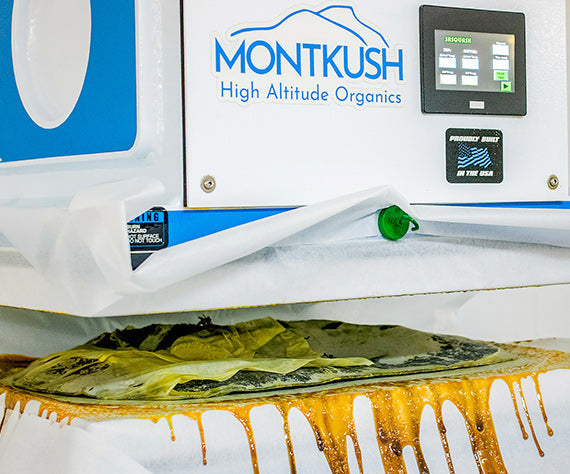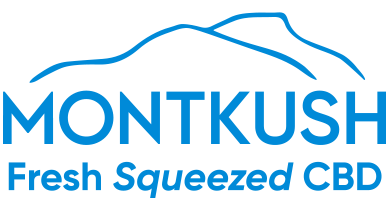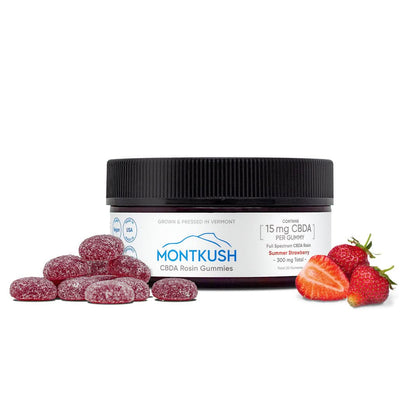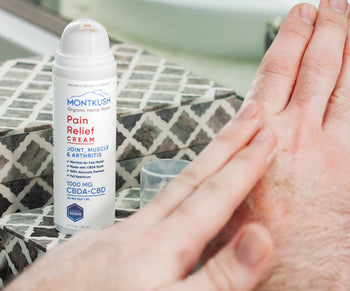

Table of Contents
If you’ve ever dabbled in hemp products or heard your friends talk about different cannabis concentrates, you might have come across the term "hemp rosin." Sounds fancy, right? But what exactly is it, and why is everyone buzzing about it?
Hemp rosin is making waves in the cannabis industry, and for a good reason. In this guide, we’ll break down everything you need to know about hemp rosin—what it is, how it’s made, why it’s so unique, and how you can use it. Let’s dive in and discover what makes hemp rosin the game-changer everyone’s talking about!
What Is CBD Rosin?

CBD rosin is a type of hemp rosin that has been made using hemp flower that has been bred specifically for its high CBD content. CBD, or cannabidiol, is a non-intoxicating compound found in the cannabis plant that has been shown to have a variety of potential health benefits.
What Exactly is Hemp Rosin?
Let’s start with the basics. Hemp rosin is a concentrated extract from the hemp plant. And here’s the kicker—it’s made without chemicals or solvents. No sketchy stuff, just pure hemp goodness. People love hemp rosin because it’s one of the cleanest, most natural forms of hemp extract you can get your hands on.
How is it made? Picture this: all it takes is heat and pressure. Yep, that’s it! No complicated lab processes or chemical solvents like in other concentrates. This method squeezes out all the rich oils from the hemp flowers, capturing the terpenes (the flavorful, aromatic compounds) and cannabinoids (the compounds that give hemp its effects).
It’s pure, potent, and incredibly versatile. You can smoke it, dab it, mix it into edibles, or even use it in topicals. And the best part? It’s made naturally, so you know exactly what you’re putting into your body.
What’s the Deal with Rosin vs. Resin?

Before we go any further, let’s clear something up. People often confuse “rosin” with “resin,” but they’re not the same thing. Think of resin as the sticky sap that oozes from the hemp plant—it’s raw, unprocessed, and gooey. Rosin, on the other hand, is a more refined product that you can actually use.
The word "rosin" comes from the world of music (who knew?), where it was originally used to describe the sticky substance musicians applied to their bowstrings to improve friction. In the cannabis world, rosin refers to the clean concentrate made from pressing the plant material to extract its oils.
Resin is sticky, but rosin is what you get after carefully extracting the good stuff in a natural, solventless way. That’s why hemp rosin is so popular—clean, pure, and packed with all the good things hemp has to offer.
Why Are People Crazy About Hemp Rosin?
Hemp rosin is getting a lot of love lately, and it’s easy to see why. Here’s why people are making the switch:
- It’s pure: No chemicals, no solvents, no worries. Hemp rosin is as natural as it gets.
- The flavor is next level: If you’re a flavor chaser, hemp rosin’s rich terpene profile will blow you away. All those natural aromas and flavors are preserved, making each hit delicious.
- It’s potent: Because rosin is a concentrated extract, it packs a punch when it comes to cannabinoids like CBD.
- Versatile: Hemp rosin is super flexible, whether you want to dab it, smoke it, eat it, or rub it on your skin.
How is Hemp Rosin Made?

Let’s get into the nitty-gritty of how hemp rosin is made. Imagine you have some beautiful hemp flowers. Instead of using chemicals to strip out the oils, you take those flowers and put them through a simple press that applies heat and pressure. This process squeezes out the rich, oily goodness trapped inside the plant—hello, rosin!
Here’s how it works in three simple steps:
Heat the hemp flowers: Using just the right amount of heat (too much, and you burn the plant), the flowers are warmed to release their oils.
Pressurize: The flowers are placed under intense pressure, squeezing out all those valuable oils.
Collect the rosin: Once it’s pressed, the rosin is collected and ready to use.
It’s that easy! And because no chemicals are used, you end up with a pure, solventless extract.
Solventless Extraction: Why It’s a Big Deal
You might be wondering, “Why does solventless matter?” Good question! Many cannabis extracts use solvents like butane or ethanol to pull the oils from the plant. While this method works, there’s always the chance that traces of those chemicals are left behind in the final product. And honestly, who wants to consume that?
Hemp rosin doesn’t have that problem. Because it’s made with just heat and pressure, you don’t have to worry about leftover chemicals. This makes it a cleaner, safer option for anyone who wants a more natural experience.
How Do You Use Hemp Rosin?
Now that you know how it’s made, let’s discuss how to use it. Hemp rosin is super versatile, which makes it a favorite among hemp enthusiasts.
Here are a few ways you can enjoy it:
Dabbing: If you have a dab rig, this is one of the most popular ways to use rosin. You heat up the rig, apply a small amount of rosin, and inhale the vapor. It’s potent and flavorful.
Edibles: Want to make your own hemp edibles? Just mix some rosin into your favorite recipes. You can blend it into butter or oil and use it for baking or cooking.
Topicals: Hemp rosin can also be applied directly to your skin. Some people mix it with lotions or oils for targeted relief from pain or inflammation.
Hemp Rosin vs. CBD Oil: What’s the Difference?
You’ve probably heard a lot about CBD oil, so how does hemp rosin compare?
Extraction method: CBD oil is typically made using solvents like ethanol or CO2, while hemp rosin is made using heat and pressure only.
Purity: Because hemp rosin is solventless, it’s often considered the purer option.
Potency: Hemp rosin can be more potent than regular CBD oil because it retains a higher concentration of cannabinoids and terpenes.
If you’re looking for a cleaner, more natural product with a fuller flavor, hemp rosin might be your go-to.
Is Hemp Rosin Legal?
Yes, hemp rosin is legal—well, mostly. Under U.S. federal law, hemp products that contain less than 0.3% THC are legal. Since hemp rosin is typically made from hemp plants (which have very low THC levels), it’s legal in most places.
However, some states have stricter laws, so it’s always a good idea to check your local regulations before purchasing or using hemp rosin.
How to Choose High-Quality Hemp Rosin
Shopping for hemp rosin for the first time? Here are a few things to look for to make sure you’re getting a top-notch product:
Appearance: Good hemp rosin should be a translucent, amber color. If it looks dark or cloudy, it might not be the best quality.
Smell: Trust your nose! Quality rosin will have a strong, natural aroma that’s true to the hemp plant.
Consistency: It should be sticky, but not too runny or too solid. If it’s rock-hard or overly soupy, that’s a red flag.
The Future of Hemp Rosin
Hemp rosin isn’t going anywhere anytime soon. As more people look for cleaner, more natural ways to enjoy hemp, rosin is expected to become even more popular.
Our CEO, Daniel Sinor, says, “At Montkush, we want our customers to feel confident in what they’re putting into their bodies,” “That’s why we focus on transparency and quality, ensuring each product is made with the best rosin extraction techniques available.”
We take pride in using hemp rosin in many of our signature products. Our rosin-infused tinctures, for example, offer an all-natural alternative to typical CBD oils. By preserving the full profile of cannabinoids and terpenes, our hemp rosin products offer a richer, more potent experience compared to other concentrates.
As technology and extraction methods evolve, we can expect even more innovation, solidifying hemp rosin’s place as a top choice for health-conscious and wellness-focused users worldwide. The future of hemp is rosin, and it’s only just beginning.




